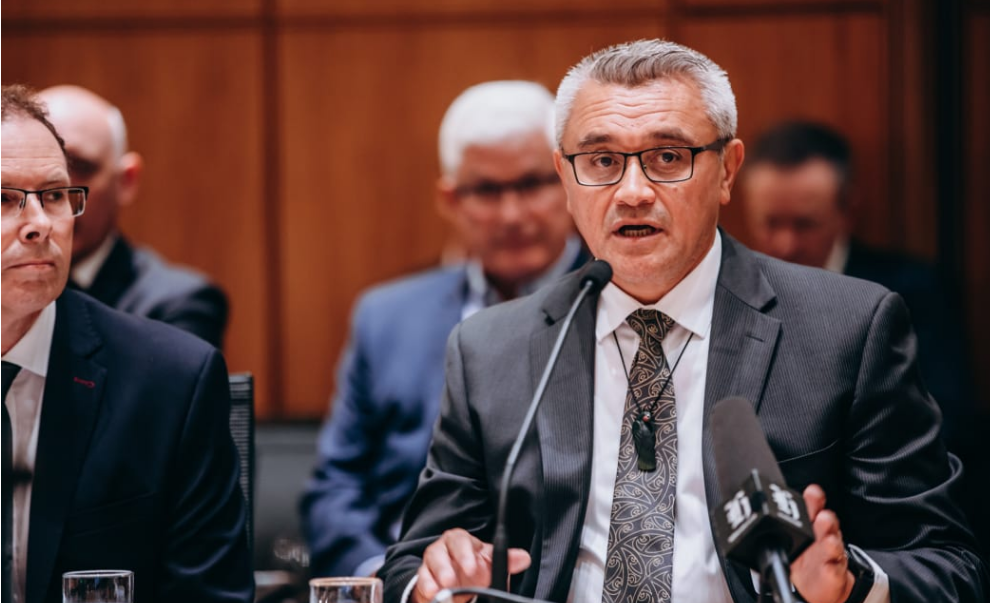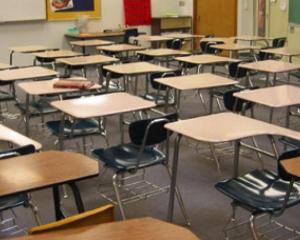
It comes after an investigation into the inappropriate edits being written into the state broadcaster's news stories blamed differences between news teams, a lack of supervision and inconsistent editorial standards.
However, a report released on Wednesday also accused RNZ's leadership of over-reacting, saying it "contributed to public alarm and reputational damage" while the journalist "genuinely believed he was acting appropriately".
The independent panel was established by the RNZ board after it was revealed in June this year that some foreign news stories from wire services such as Reuters and the BBC were inappropriately edited.
The panel made 22 recommendations, including merging the radio and digital news teams, a review of staffing levels and workloads, refresher training for journalists, and hiring a new senior editor responsible for editorial integrity and standards. It stressed the creation of a single news team "cannot happen soon enough".
RNZ has agreed to implement all the panel's recommendations.
Speaking to RNZ's Morning Report programme today, RNZ board chairperson Dr Jim Mather said the recommendations would be initiated as "promptly as possible".
Mather accepted RNZ had been slower than other public media entities to integrate its digital team with the wider news team - but it had been endeavouring to do so.
"The potential merger of RNZ and TVNZ that was being considered for a number of years was going to be the catalyst for that occurring. That didn't go ahead so that issue came directly back onto the board table and it has been a priority.
"I wouldn't say we took our eye off internal issues, it was in anticipation of that potential merger moving forward and recognising that that would incorporate this, so when that didn't happen, we as a board and the executive team through the chief executive reverted directly back to that plan and that is a priority."
Mather said it had been identified as an area of improvement as RNZ "did want a unified leadership" over its news operation.
He accepted the panel's finding that a lack of access to training had contributed to the editorial breach - and said RNZ needed to create a culture where training was implemented and effective.
"The report did highlight that there was intense level of pressure on staff in the digital news content area and also the training needed to be more effective, ie provided on a regular basis, ... noted and there needed to be audit and follow-up on confirmation that the training had been effective.
"Once again, that's another area of opportunity for the chief executive and our executive team to be looking at."
Mather said there was a "significant body of work" to be done.
"I think responsibility starts with the board, ultimately we are accountable for everything that occurs within the organisation and we accept that our level of responsibility of what's occurred and with responsibility and leadership comes a requirement to make the necessary corrective actions."
Publishing complaints
While Mather said he believed RNZ to be a "very transparent organisation", the report has indicated it could be more "robustly transparent".
It had noted that other public media entities, such as TVNZ, publish the overall number of editorial complaints and the number they uphold in their annual reports.
"I expect that we will be following suit also," Mather said.
He said RNZ remained the most trusted media organisation in Aotearoa and it was his "emphatic" objective for that to remain the case.
"We will do whatever we are required to do to remain our country's most trusted media entity."
RNZ's response to breach
Mather accepted that RNZ's trust was eroded to some extent - but the organisation responded very quickly to restore the public's confidence and took the issue very seriously.
The panel was critical of chief executive Paul Thompson's initial public response in calling the edits "pro-Kremlin garbage" and said it contributed to the story gaining international attention.
Mather said he understood why Thompson made the comments he did.
"We are all committed to ensuring that the integrity and trust that is held in RNZ is maintained and that was obviously factored into the way we responded."
The panel had said the issue was contained to a small section of RNZ and Mather emphasised that the "vast majority" of its news output was of an "excellent standard" - which was reinforced by the panel in the report, he said.












